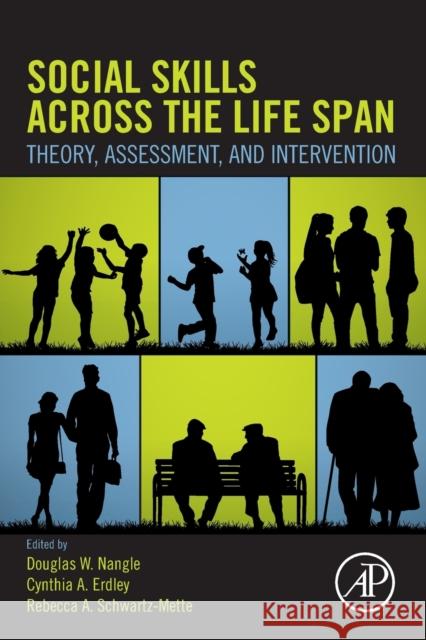Social Skills Across the Life Span: Theory, Assessment, and Intervention » książka
topmenu
Social Skills Across the Life Span: Theory, Assessment, and Intervention
ISBN-13: 9780128177525 / Angielski / Miękka / 2020 / 460 str.
Kategorie:
Kategorie BISAC:
Wydawca:
Academic Press
Język:
Angielski
ISBN-13:
9780128177525
Rok wydania:
2020
Ilość stron:
460
Waga:
5.85 kg
Wymiary:
22.86 x 15.24 x 1.93
Oprawa:
Miękka
Wolumenów:
01











